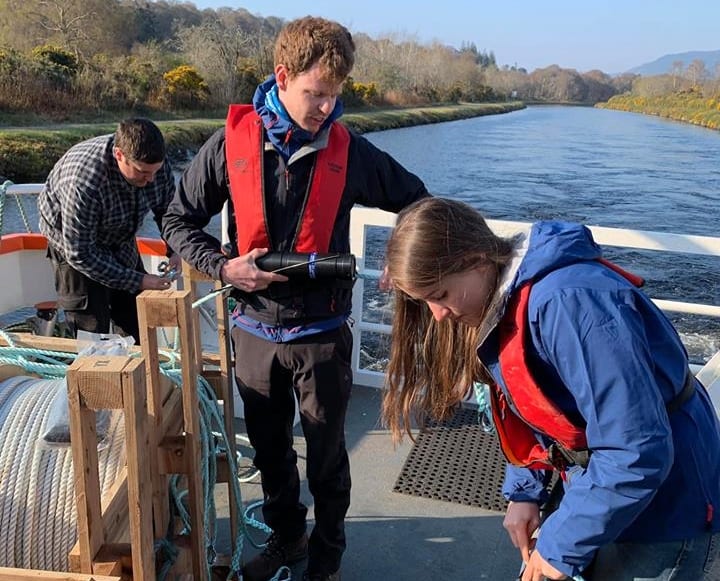

The wild Atlantic salmon is a key indicator of the health of Britain’s rivers and a key species for rural communities, generating significant revenue through angling. However, salmon numbers are undergoing a long-term decline, with Scotland recording its lowest ever salmon catch in 2018. As the species comes under increasing pressure there is an urgent need to improve understanding of the drivers behind this drop in numbers.

In response to this, the Fishmongers’ Company has partnered with key organisations in the salmon conservation field including the Atlantic Salmon Trust and Salmon and Trout Conservation to form the Missing Salmon Alliance. This represents an unprecedented partnership, utilising the co-operation between these key bodies to combine cutting-edge research with high level policy advocacy and fundraising that reflects this critical juncture for this species. The establishment of the Alliance is especially timely given that 2019 marks the International Year of the Salmon, an initiative designed to stimulate outreach and research across the Northern Hemisphere to ensure the resilience of this iconic species.

Central to the work of the Missing Salmon Alliance is the Atlantic Salmon Trust’s Moray Firth tracking project, which utilising support from the Fishmongers’ Company, will tag over 800 salmon in 2019 as they move downstream and out to sea. The project, described by Mark Bilsby, Director of the Atlantic Salmon Trust as “one of the biggest and most complex of its kind ever attempted in Europe” is tracking salmon to determine where the major losses are occurring in the first 100 km of the salmon’s journey and how we can work to stop them. The three year project spans an area representing 20% of the UK’s salmon population, deploying 358 receivers across a 30 mile array.
Significant funding will be required to meet the ambitions of this Missing Salmon Alliance and, in November this year, the Company will be hosting a landmark event at Fishmongers’ Hall, that will share the initial findings of the Moray Firth project and bring together key members and supporters of the Alliance to ensure that, as a legacy of the International Year of the Salmon, we are left with a greater sense of urgency, improved collaboration and sufficient resources to fund the impressive workstreams that are emerging from this initiative.